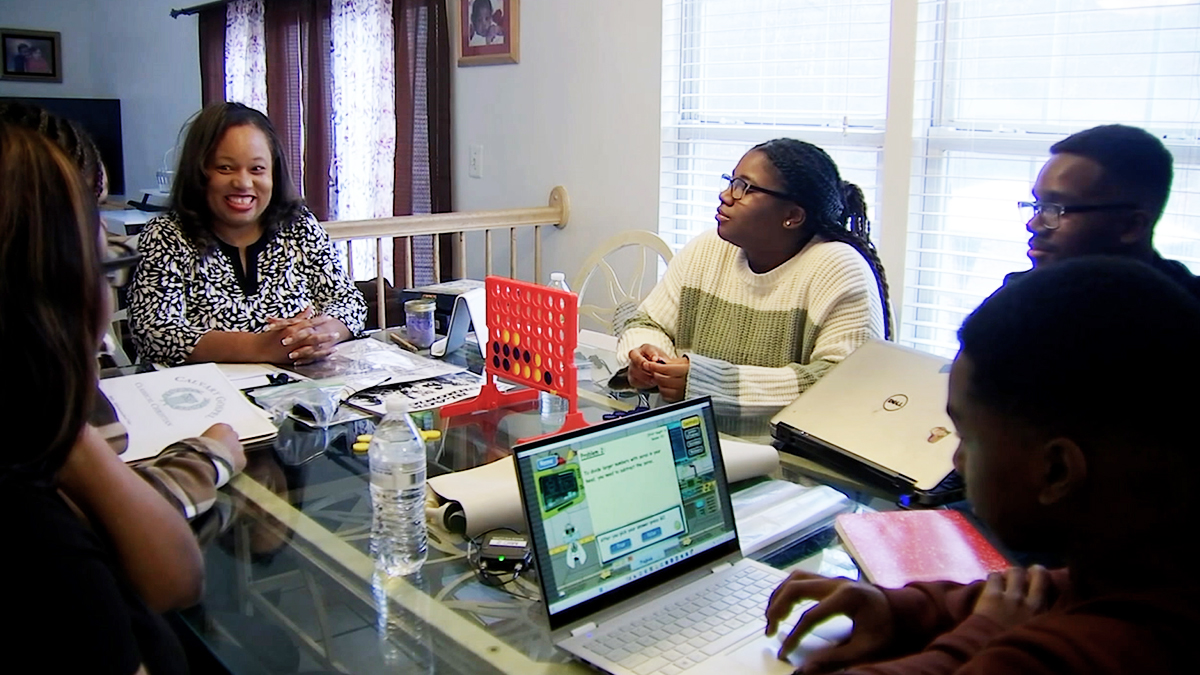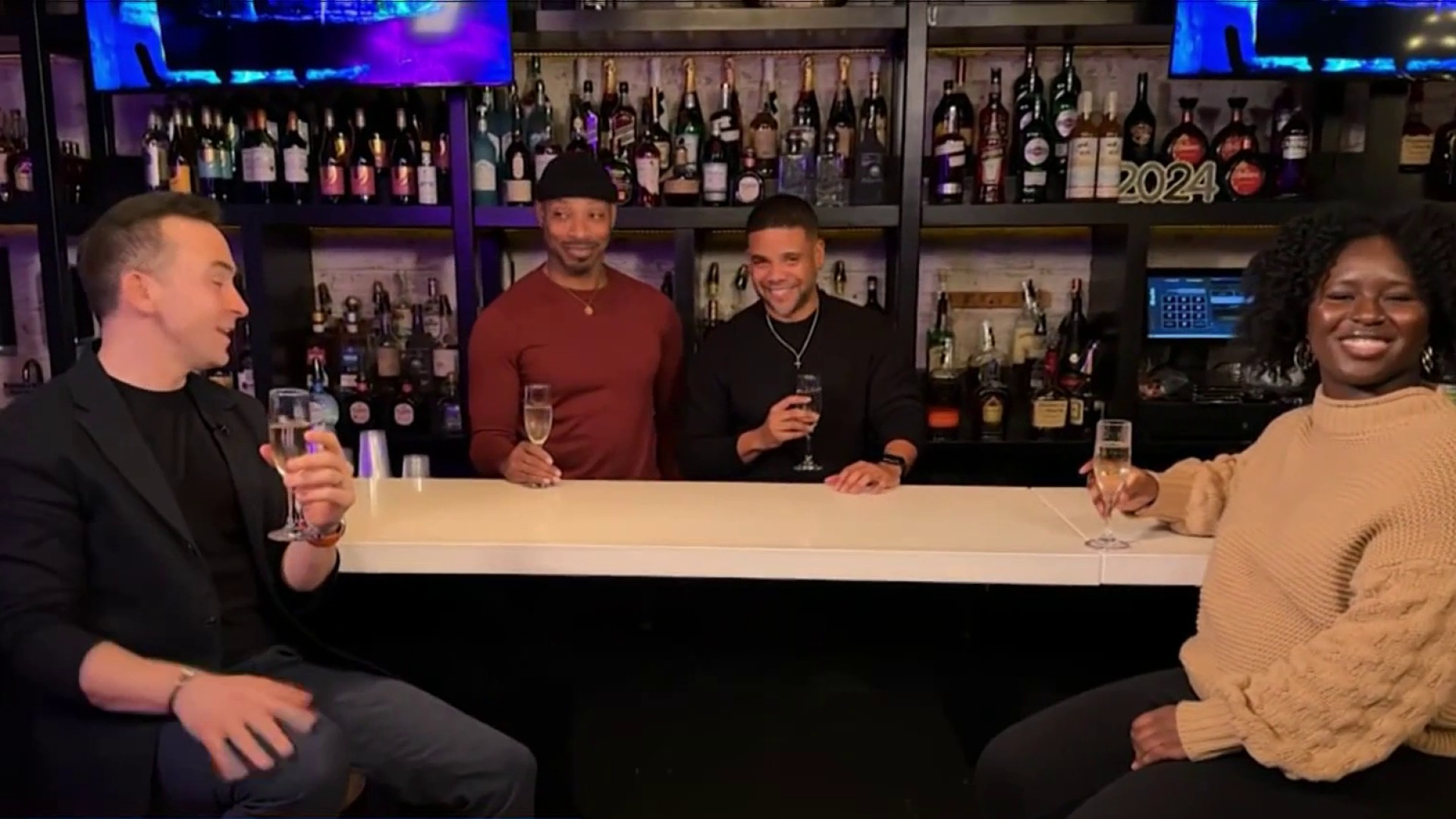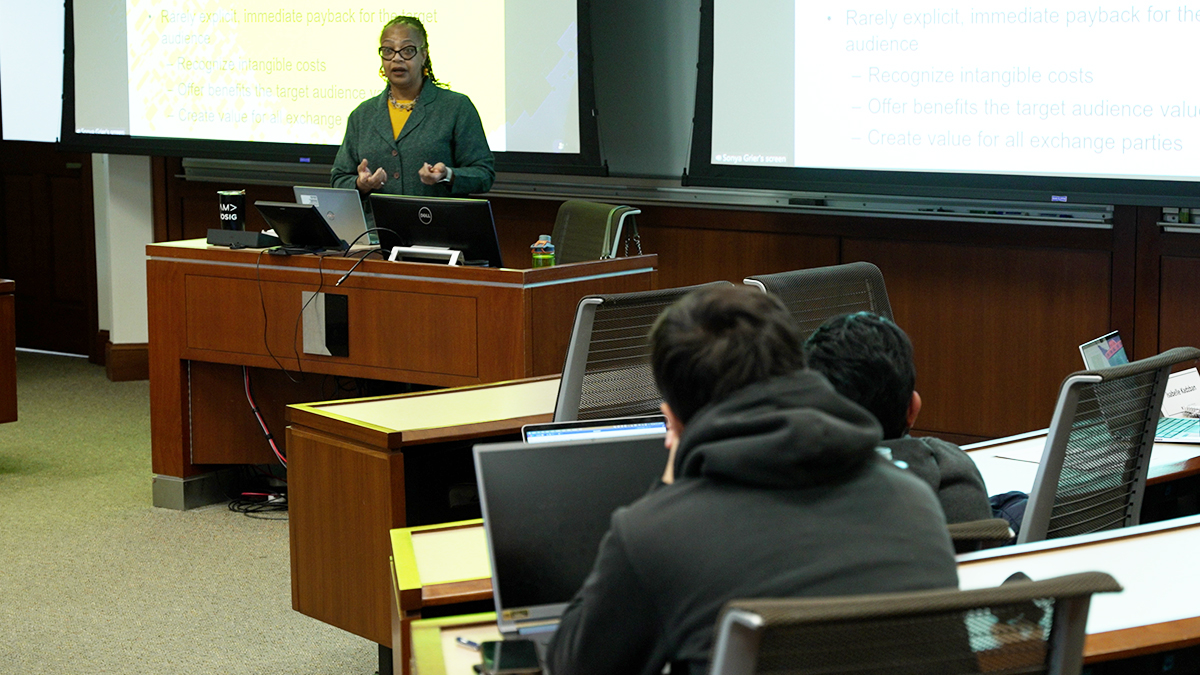The tumultuous year of 2020 made many parents think about how to talk with their kids about sensitive topics. DC Public Schools educators realized they needed to make some changes to how they prepare students for the future.
DCPS students will soon get a new take on social studies for the first time in 17 years. It’s part of a revamped history curriculum.
School officials got to work at embracing concepts other school districts have shied away from. Lessons now emphasize the experiences of people of color, those in the LGBTQ community and others.
“You have to make strategic decisions on how you are going to teach,” said Dr. Christina Grant, D.C.’s state superintendent of education. She spoke with News4 about how 2020 changed educators’ plans.
“We’re in the middle of so many unprecedented things – a global pandemic, our schools are closed, we’re grappling with a racial awakening that is forcing a lot of people to unpack themselves, their thinking, their identities,” she said. “How does that make sense in a complex school system like Washington, D.C.’s?”
Here’s what’s different about the new social studies curriculum
The curriculum changes focus on inclusive ways to teach history and how what we’ve learned from the past provides context for what’s happening today.
It’s now being rolled out as a pilot program at Inspired Teaching Demonstration Public Charter School, in Northeast D.C.
“It’s not just about crafting the actual standards and writing lesson plans; it’s really making sure that you are providing rich, complex texts, multiple opportunities for students to engage and hands-on activities, projects, etc.,” said Sundai Riggins, the head of the school.
It took three years to develop the curriculum. Educators, civics and history experts and community members all got involved.
‘It makes me feel more hopeful’
Students at Inspired Teaching spoke about how and what they’re learning.
“This year it’s more engaging. We were doing more activities and discussions that everyone can be a part of,” said Kamryn Adigun, an eighth grader.
“It makes me feel more hopeful for the future,” seventh grader Eli Dubenitz said. “We are being taught better, and the mistakes are being corrected, and we’re getting a better education.”
Administrators and teachers say they notice students are responding well to the new way of teaching.
“What the investment did was allow for students to take the time to work with teachers and leaders and those working with the curriculum create a narrative for the students and deliver it with these curated resources so they can really get involved in the story,” Assistant Principal Jessica Jones said.
“It’s all about making the class more inclusive and making sure that every student feels represented,” seventh and eighth grade social studies teacher Brie Wattier said.
All students from kindergarten through 12th grade will begin seeing the new curriculum starting next school year.
“Education is the great equalizer. Our kids are going to save us,” Grant said.




